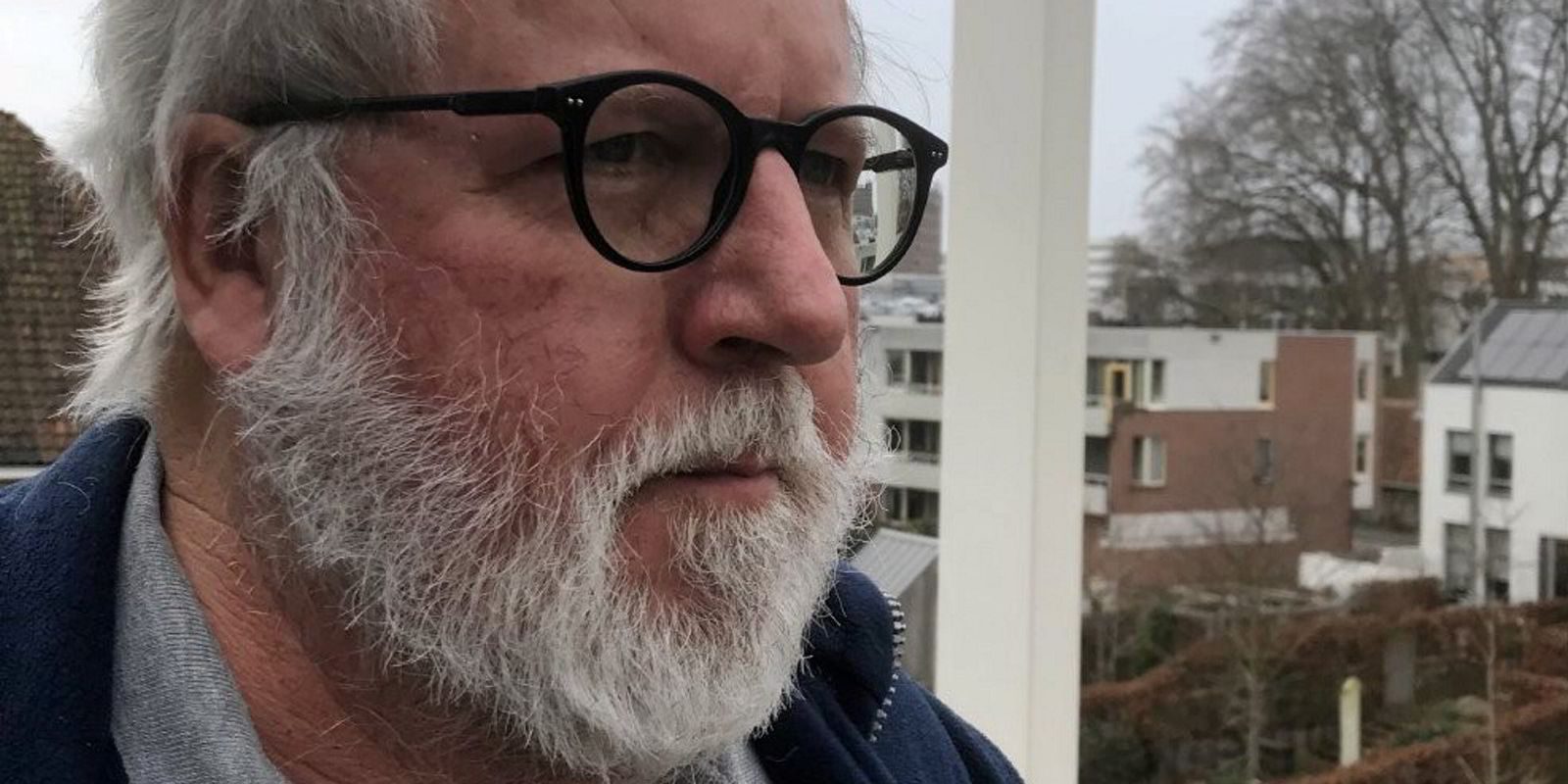Human Rights at Sea (HRAS) has produced a white paper to provoke a debate on how shipping can develop a “continuum of care” for seafarers.
Empowering People Working at Sea from Training to Justice was written by advisory board member Toon van de Sande to act as a catalyst for collective action in the fight against welfare abuses.
What should be done when human rights at sea are breached?
How can these abuses be prevented?
What are the root causes and how can the issues be solved?
How to effectively cooperate with interested multiple stakeholder groups and shipping entities?
How can victims be effectively assisted and supported so that justice is done and seen to be done?
How can victims and their dependants be rehabilitated and effectively remediated?
Awareness and education are fundamental to understanding shortfalls and required improvements in welfare support, the UK charity said.
HRAS believes it is therefore important that the discussion is opened up as widely as possible, to ensure that fresh ideas emerge and thought leadership is achieved throughout the sector.
Van de Sande said the paper has been sent to key players in the maritime welfare world.
“Reactions are coming in, also from seafarers. The first signals give me the hope that the initiative is falling on fertile soil,” he added.
“It is important for all organisations to understand the bigger picture, understand what is needed at each stage, identify the gaps and be honest about whether they are the best organisation … to fill that gap.
“I welcome any initiative to bring us all together more closely, agree standards and deliver quality services to seafarers.”
He argues it is vital that welfare support is executed by a variety of experts who do not overstep the mark of their profession but instead work together.
Extra help sometimes needed
“Empowering seafarers is based on the premise that ordinary people are usually able to come out of a crisis healthy themselves. Occasionally they need extra help. Seafarers in need should have the lead. This way we all fight the stigma,” he added.
Van de Sande wants the sector to think about how abuses can be prevented, breaches punished and victims supported.
The paper has been extensively reviewed by a cross-section of industry stakeholders and external experts.
But better-detailed engagement from the international welfare sector is still needed, HRAS said.
Chief executive David Hammond added: “This catalysing work by Toon has the power to get a necessary conversation going around long-term and sustained support for seafarers.
“It is not just about an immediate reaction to a presented or unexpected crisis, but a more proactive and preventative approach to planning for care.”



